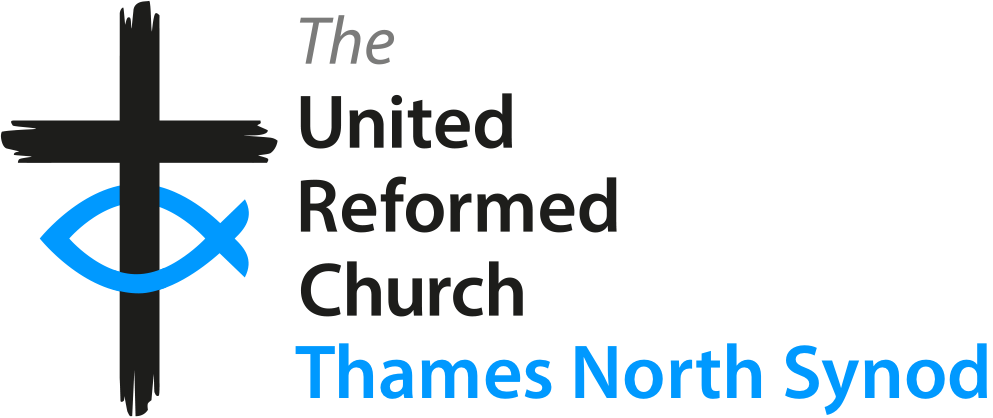Safeguarding
-
How we protect and support children, young people, and vulnerable adults across our churches.
-
Reporting a Safeguarding Concern
If you’re worried about someone’s safety, find out how to report your concerns clearly and confidentially.
-
Safeguarding Training & Events
Stay up to date with training opportunities to help you and your church create a safer environment.
-
Learn to recognise the signs of specific safeguarding issues, including different types of abuse, exploitation, and vulnerability.
-
Understanding the signs of domestic abuse and how to respond.
-
Information on how to recognise and report grooming and exploitation.
-
Guidance on identifying and dealing with issues of financial abuse.
-
Advice to follow in the event of honour-based abuse or forced marriage.
-
Managing Risks & Safeguarding Agreements
The formal process for managing individuals who may pose a risk to others within the church community.
-
Coping with the experience of losing someone important to us.
-
Financial Hardship & Homelessness
Understanding vulnerability and finding sources of help.
-
IICSA (Independent Inquiry into Child Sexual Abuse)
The findings from the Independent Inquiry into Child Sexual Abuse.
-
-
Safeguarding Policies & Guidance
Essential policies and best practice guidance for keeping people safe in our churches.
-
The official Safeguarding Policy for Children and Adults for the Thames North Synod.
-
Guidance on the safeguarding responsibilities and duties of Elders as charity trustees.
-
Safer Recruitment and Volunteers
The principles and procedures for ensuring only suitable people work with children and adults at risk.
-
Best practices for safe online communication and ministry.
-
Activities in Private Dwellings
Guidance on assessing and managing the unique risks of holding church activities in private homes.
-
-
Safeguarding Resources & Forms
Download essential safeguarding forms, templates and printable materials for use in your church.
-
Get in touch with our Safeguarding Officers for confidential advice, support, or reporting.
-
Bereavement Support
Coping with the experience of losing someone important to us.
Bereavement is the experience of losing someone important to us. It is characterised by grief, which is the process and the range of emotions we go through as we gradually adjust to the loss. Losing someone can be emotionally devastating, and it is natural to go through a range of physical and emotional processes as we gradually come to terms with the loss.
Bereavement affects everyone in different ways, and there is no right or wrong way to feel. These feelings can also happen because of other types of loss, such as the end of a relationship or the loss of a job.
Useful Contacts:
- At a Loss: The UK's signposting website for the bereaved. ataloss.org
- Bereaved through Alcohol and Drugs (BEAD): Support for anyone bereaved through drug or alcohol use. beadproject.org.uk
- Child Bereavement UK: Support for children facing bereavement. Phone: 0800 028 8840. childbereavementuk.org
- The Compassionate Friends: Support for bereaved families after the death of a child. Phone: 0345 123 2304. tcf.org.uk
- Cruse Bereavement Care: National support after a bereavement. Phone: 0808 808 1677. cruse.org.uk
- Samaritans: Open 24/7 for anyone who needs to talk. Phone: 116 123 (freephone). samaritans.org
- Sands: Support for anyone affected by the death of a baby. Phone: 0808 164 3332. sands.org.uk
- Survivors of Bereavement by Suicide (SOBS): Emotional and practical support. Phone: 0300 111 5065. uk-sobs.org.uk
